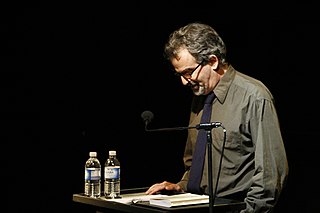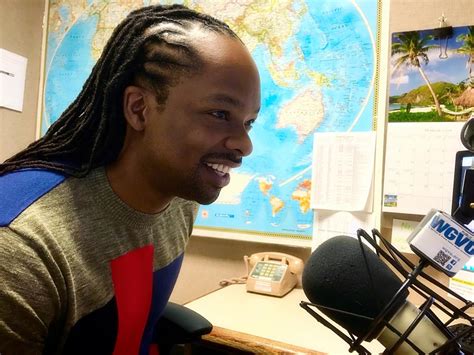A Quote by Stanislaw Lem
Have it compose a poem -- a poem about a haircut! But lofty, noble, tragic, timeless, full of love, treachery, retribution, quiet heroism in the face of certain doom! Six lines, cleverly rhymed, and every word beginning with the letter s!
Related Quotes
It was early on in 1965 when I wrote some of my first poems. I sent a poem to 'Harper's' magazine because they paid a dollar a line. I had an eighteen-line poem, and just as I was putting it into the envelope, I stopped and decided to make it a thirty-six-line poem. It seemed like the poem came back the next day: no letter, nothing.
With lines that show an unyielding dedication to craft, these poems are not afraid of meaning or the meaningful. More and more every day, the thinking American asks how she is to believe in love when there is war all about her, and in each of her deeply felt lyrics, Elyse Fenton confronts this question with the kind of tenderness one lover reserves for another. If every poem is indeed a love poem,Clamor is indeed a debut worth reading and about which we must make noise.
The subject of the poem usually dictates the rhythm or the rhyme and its form. Sometimes, when you finish the poem and you think the poem is finished, the poem says, "You're not finished with me yet," and you have to go back and revise, and you may have another poem altogether. It has its own life to live.
I like the poem on the page and not at the podium. I like to address the poem in peace and quiet, not on the edge of a folding chair with a full bladder. I can't stand hearing a poem that I can't see. I did a reading at Wayne State, and it ended with the comedy such occasions deserve. I'd seated myself on a piano bench, and discovered upon attempting to arise at the end that the varnish had softened and I was stuck fast. The hinge was to the front, under my knees, so that as I tried to get up, I merely opened the lid.
The religion of the short poem, in every age and in every literature, has a single commandment: Less is always more. The short poem rejects preamble and summary. It's about all and everything, the metaphysics of a few words surrounded by much silence. …The short poem is a match flaring up in a dark universe.
Poetry is a river; many voices travel in it; poem after poem moves along in the exciting crests and falls of the river waves. None is timeless; each arrives in an historical context; almost everything, in the end, passes. But the desire to make a poem, and the world's willingness to receive it--indeed the world's need of it--these never pass.
The poem builds in my mind and sits there, as if in a register, until the poem, or a piece of a longer poem, is finished enough to write down. I can hold several lines in my head for quite some time, but as soon as they are written down, the register clears, as it were, and I have to work with what is on the paper.





































